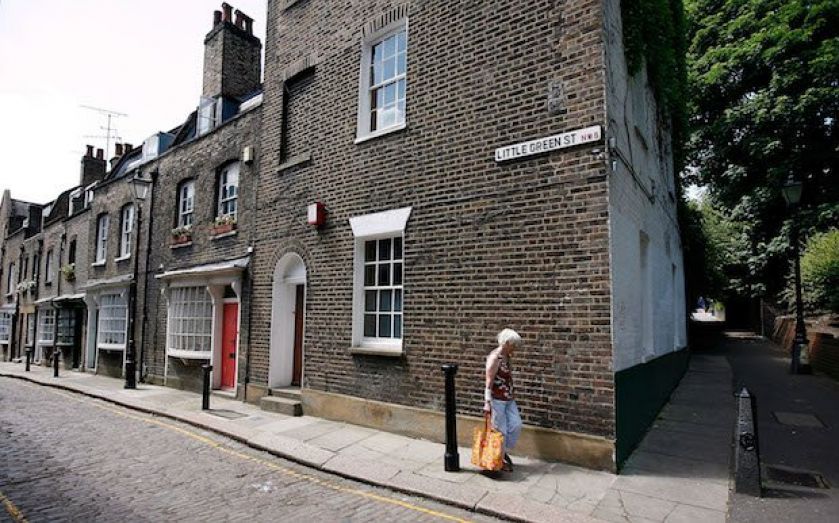January mortgage approvals up over a third from a year ago

More fuel to stoke house price fear fires this morning, with added evidence that market activity started 2014 very much on the front foot.
Mortgage approvals hit their highest level in six years in the final quarter of 2013, averaging 70,000. And in January, they were up 33 per cent year-on-year.
According to figures from the Council of Mortgage Lenders (CML), gross lending for mortgages hit £15.5bn last month.
Although this is down eight per cent compared with December 2013, CML commented that the dip in January can be put down to seasonal factors affecting activity levels.
That said, although the headline numbers look worrying, 2013’s gross mortgage lending – totalling 176,400 – is still far below the figures seen pre-crisis. In 2004, for example, the number was 291,249, and in 2005, 288,280.
But buyer interest is growing apace across the whole of Britain, and Howard Archer of IHS Global Insight thinks that warrants careful observation:
While the strength of house prices is not yet a serious concern outside of London, it is something that needs to be closely monitored given that a number of recent data and surveys have indicated that the strength in house prices is becoming more widespread.
CML chief economist Bob Pannell has emphasised the relevance of seller shortages:
The Bank of England envisages that approvals may climb to 90,000 a month in the second and third quarters of 2014. This would seem to imply property transactions running at an annualised rate of one and a half million or so. We think this may be over-optimistic given the growing anecdotal reports of a shortage of prospective sellers.
Archer also reiterated the firms belief that concern over the UK's past record of housing boom and busts could see the Bank of England move to cool the market.
This, it says, could be in the form of a recommendation to government to dilute Help to Buy – perhaps so it applies to houses worth £300,000 and under, rather than the current £600,000 limit.
Significantly, the Bank has suggested it would prefer not to use higher interest rates to try and quell the housing market.